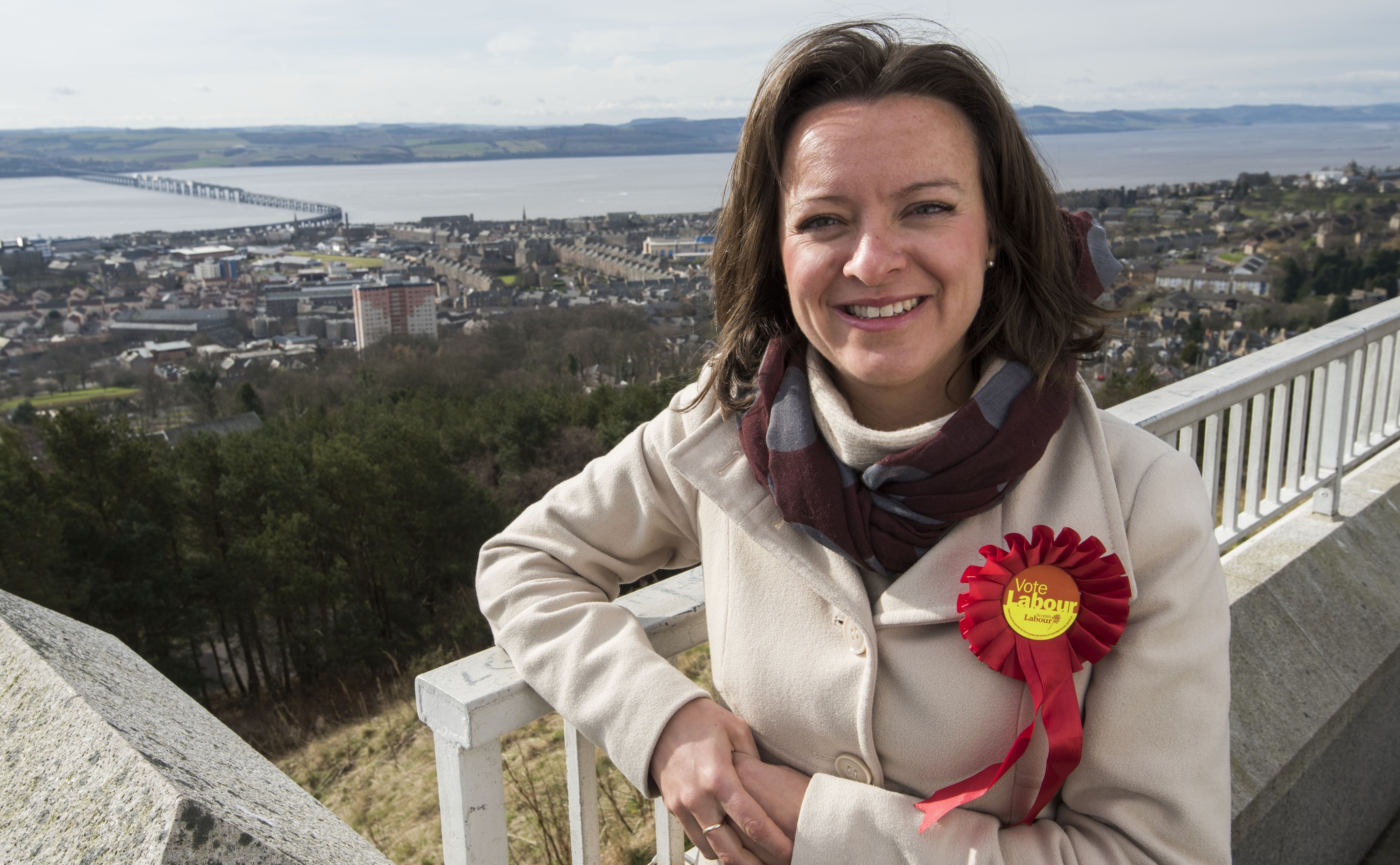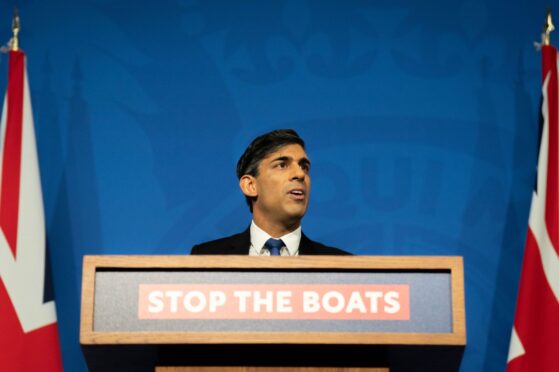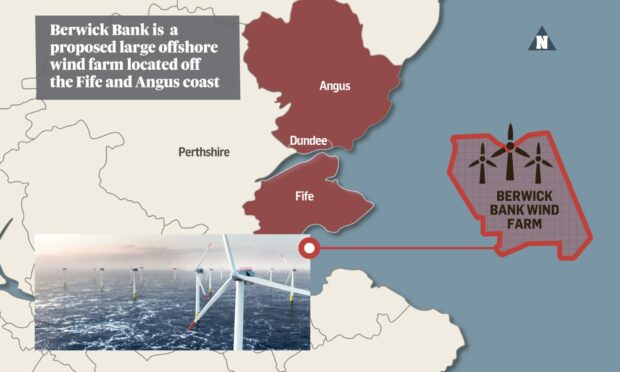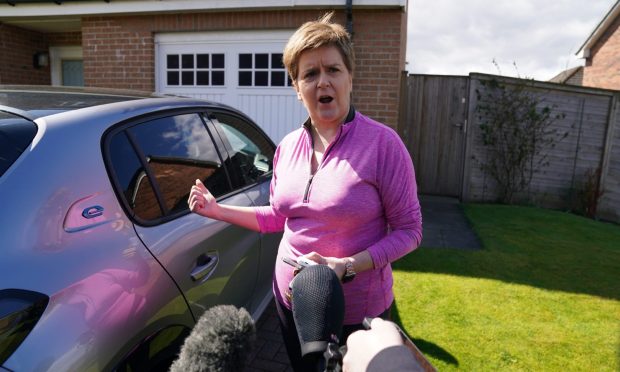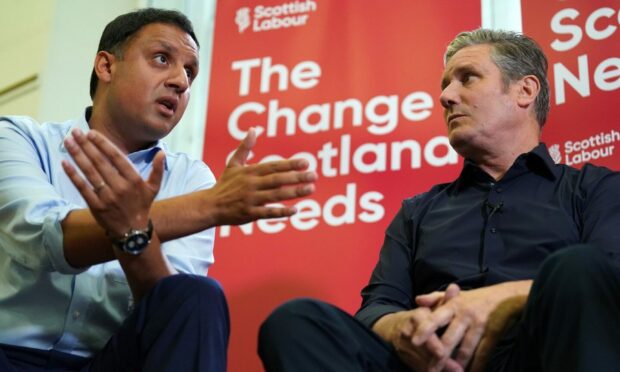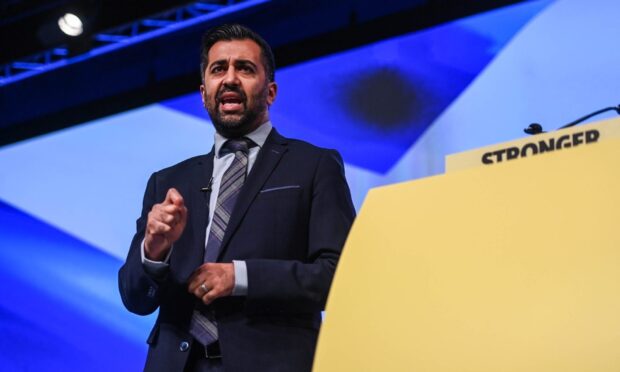Labour’s Dundee-based MSP broke party ranks to vote against the Named Person policy as Holyrood kyboshed an attempt to delay its implementation.
Jenny Marra and the Scottish Conservatives voted against the SNP’s Named Person policy, which assigns a health worker or teacher to every child in Scotland, following a Holyrood debate yesterday.
She was the only MSP not on the Tory benches who opposed the SNP’s winning amendment to the Conservative motion.
Ms Marra said it was not a decision she took lightly, but piling more pressure on senior teachers when Dundee heads are already taking classes because of staff shortages was the wrong way to go.
She told The Courier after the debate: “I voted against named person in Parliament tonight because the SNP will not solve child abuse, neglect or poverty by tinkering with reporting mechanisms and putting more responsibility on the shoulders of teachers and health visitors when already there are not enough of them to do their day jobs.
“If there needs to be a review of how professionals report concerns about children then that should happen but it would make much more sense for additional support to be targeted to those who need it most.”
Ms Marra said it was “disingenuous” for the SNP to support the Named Person but not ensure there are enough teachers in schools and that social workers have the time to focus on things like parenting support.
She added properly funding those would have a “much bigger impact on the lives of Scotland’s children” than the Named Person scheme.
The Scottish Conservatives motion called for MSPs to press the pause button on the roll-out, which stops short of the Tories’ ultimate aim to scrap the legislation altogether.
A majority backed Mr Swinney’s amendment, which accepted the Scottish Government needed to do more to communicate the policy to the public and professionals.
Mr Swinney, who accused the Tories of “utterly misrepresenting the policy”, accepted the Government now has “work to do to build confidence in this policy” in a climate “thick with misinformation and scaremongering”.
“It (the Named Person policy) is about how we can best help families get the help they need, when they need it. It is not about undermining family, but how we can give a guarantee of the assistance that can strengthen and improve it,” he said.
After the debate, Simon Calvert, from the No to Named Persons campaign (NO2NP), accused the Government of “trying to rearrange the deckchairs on the Titanic”.
Liz Smith, the Tories’ education spokeswoman, told MSPs: “We believe there is an urgent need to address the practical concerns of professionals and parents about the workability of the policy which, if it is not dealt with, could seriously undermine the welfare of children across Scotland.”
Children’s organisations have backed the Named Persons scheme, to be rolled out nationally on August 31, including Barnardo’s and National Parent Forum of Scotland.
But it is bitterly opposed by others. Lesley Scott, who works for the Tymes Trust, a charity which supports those with ME, described the scheme as “illiberal and authoritarian”.
